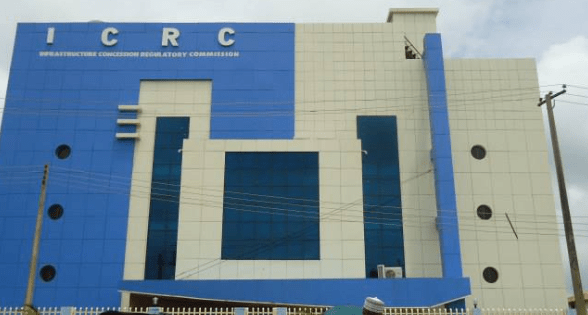Infrastructure Concession Regulatory Commission (ICRC), Nigerian Investment Promotion Commission (NIPC) and National Orientation Agency (NOA) have emerged as the top three winners of the 2023 National Freedom of Information (FOI) compliance and transparency ranking carried out by a coalition made up of some Civil Society Organisations (CSOs).
The report also showed that no fewer than 175 federal government ministries, departments and agencies do not actively respond to requests made through the Freedom of Information Act.
The CSOs including Accountability Lab, International Centre for Investigative Reporting (ICIR), Public-Private Development Centre (PPDC), Right to Know (R2K), Media Rights Agenda (MRA) and BudgIT, ranked a total of 238 ministries, departments and agencies (MDAs) operating in Nigeria.
The head, FoI Desk, ICIR, Olugnenga Adanikin, while speaking in Abuja during the launch of the report noted that the impact of promoting open governance through the FOI Act cannot be overemphasised.
He said the philosophy of the FOI Act underlines that public servants are custodians of public trust, and this trust is held on behalf of Nigerian citizens who have the right to know what they do.
Adanikin said most times, the information demanded are either consumed for personal use or deployed to hold agencies of government to account.
In recent times, he said CSOs and other stakeholders in the media space including journalists have had reasons to utilise the FOI Act to demand information of public interests, such as road contract details, loan agreements, budget releases to public institutions.
He said although, not all responses came as at when due within the stipulated seven days, nevertheless, there have been considerable developments.
He said agencies of government proactively disclose information to Nigerians through their respective websites.
Also, PPDC’s software developer, Sadiq Sambo, said the MDAs were ranked on their parameters; level of responsiveness with seven to 14 days having the highest points, level of disclosure, and proactive disclosure of relevant information to the public.
A data analyst with the ICIR, Ibukun Akangbe, shed more light on the challenges limiting the level of responsiveness and disclosure by MDAs. These include denial of FOI requests on the basis of confidentiality, request for exorbitant fees by some of the MDAs before they agree to process FOI requests.
Akangbe recommended a clear definition of information that should be regarded as a security or public threat, adding that the boundaries of confidentiality must be addressed as regards issues of public and private funds, disclosure of information on MDAs’ websites.
The national coordinator Open Government Partnership, Gloria Ahmed who maintained that access to information was a critical tool to help the government succeed, urged MDAs to leverage data and technology to publish their information on their website, as such a move would help reduce the traffic of persons trooping into the MDAs to access information.
She said, “We must do everything to protect and expand the online space in accessing information. The FoIA is 12 years, and it is expected that the Act grows to reflect its age and exhibit added features.”





